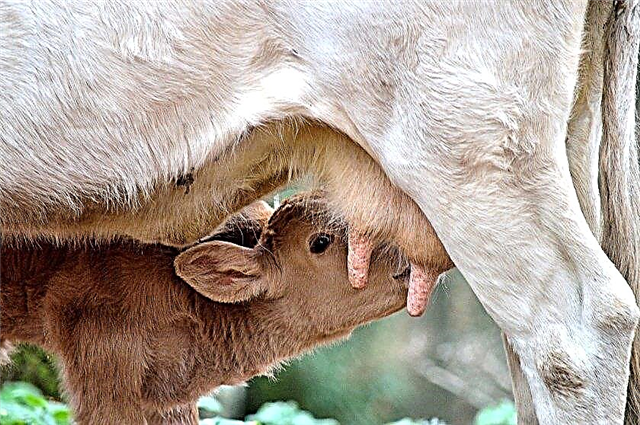UK veterinarians report that horses have become overweight due to global climate change.
Usually birds and pigs go to fattening. And climate change (higher average temperatures and more rain) has led to an abundance of grass that makes horses larger.
Gillis Moffat, director of the High Veterinary Center, British Hampshire, warns that a significant percentage of horses are overweight due to a number of current “socio-economic issues,” including climate change.
This conclusion was made after the British Horse Veterinary Association (BEVA) found that out of 792 horses examined, 31% were overweight. Veterinarians indicated the absence of sheds and fenced pastures in 48% of cases.
 Horses are able to recognize other horses in photographs.
Horses are able to recognize other horses in photographs.
British veterinarians recommend keeping horses in fenced pastures with a limited amount of grass and providing them with an individual diet.
But there is another reason - the owner’s workload during the day. In particular, horse owners work longer, often on weekends and do not have time to communicate, ride and train horses.
Veterinarians suggest using an aviary to control food intake, weigh horses, and increase horse activity. This will be for the benefit of both animals and owners.
- The US Land Management Bureau plans to drastically reduce the number of wild horses and burros on public lands.
- On the territory of the Republic of Chechnya, the number of cattle, as well as the number of poultry and horse stock, has significantly increased.
- Earlier, we already reported that Russian scientists intend to bring back to life the horses that inhabited Yakutia 42 thousand years ago.
- In the Republic of Khakassia, there was a massive death among the horse population, resulting in the death of about 40 individuals.
- We also wrote that Tatar horses are under the watchful guard of the state.












